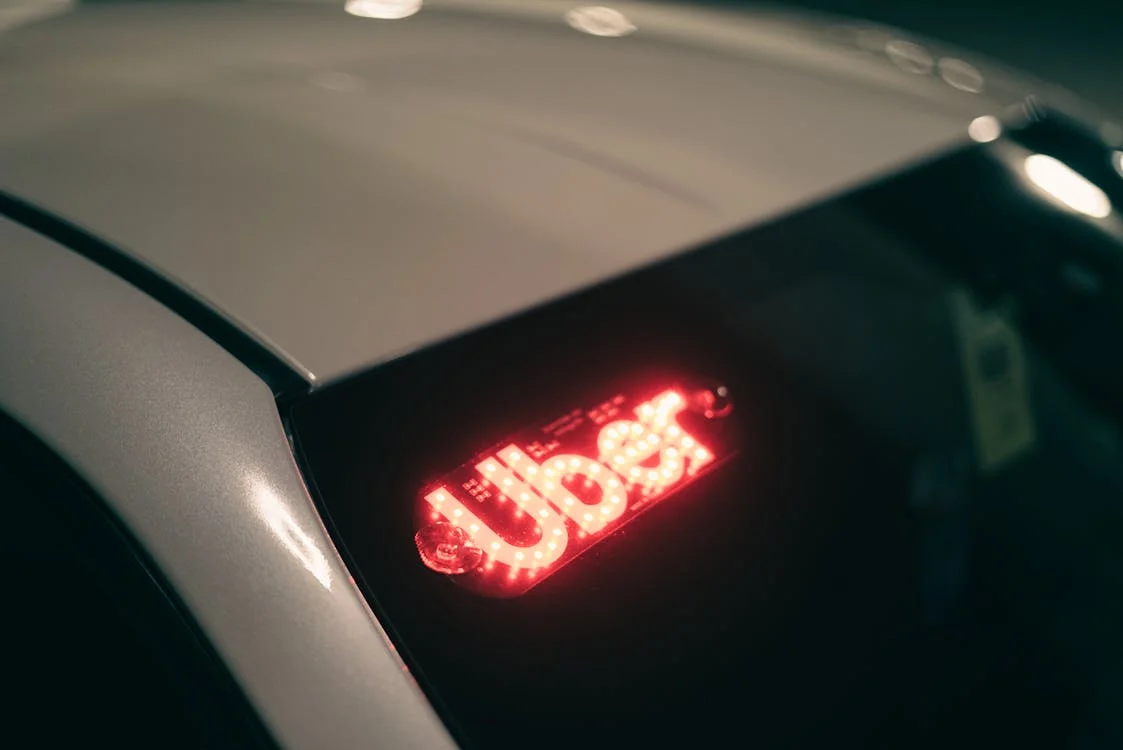California Supreme Court Rules on Gig Economy Workers
In a landmark decision that has far-reaching implications for the gig economy, the California Supreme Court ruled on July 25, 2023, that drivers for Uber and Lyft will continue to be classified as independent contractors rather than employees. This 6-1 ruling upholds Proposition 22, a ballot measure that was approved by California voters in 2020, allowing app-based drivers to operate independently while receiving a limited package of benefits. This decision marks a pivotal point in the ongoing debate over worker classification in the gig economy.
The Context of Proposition 22
Proposition 22 emerged from intense lobbying efforts by ride-hailing companies, which argued that their business model relies on the flexibility that independent contractor status provides. The measure was supported by a coalition of gig economy companies that claimed it not only protects driver flexibility but also maintains access to affordable transportation services for consumers. Despite these claims, labor rights groups contended that drivers are entitled to full employee benefits, including protections against discrimination, minimum wage guarantees, and health insurance.
The Legal Battle
The ruling encapsulates a years-long legal struggle where advocates for worker rights challenged the prevailing gig economy framework. Critics of the independent contractor model argue that it leaves drivers vulnerable to exploitation, without essential benefits that traditional employees enjoy. The court’s decision comes after numerous lawsuits and legislative attempts aimed at redefining the status of gig workers, making this ruling both a culmination of past efforts and an endorsement of the existing legal structure.
Reactions to the Ruling
Following the Supreme Court’s decision, Uber and Lyft representatives publicly celebrated what they framed as a victory for innovation and the rights of workers to choose their own schedules. For them, maintaining the independent contractor model is integral to their operational strategy and economic viability. Meanwhile, labor unions and advocacy groups expressed disappointment, asserting that the ruling undermines the foundational protections for workers and perpetuates wage instability within the industry.
Potential Implications Beyond California
Legal experts suggest that the California ruling could set significant precedents for other gig economy sectors beyond ride-hailing. The decision might influence similar legislation and court rulings in other states, igniting a nationwide conversation about the rights of gig workers and their classification. As states observe California’s approach, this may lead to a fragmented landscape of labor laws, complicating the already challenging environment for gig workers across the country.
The Push for Stronger Worker Protections
In response to the ruling, various driver collectives and labor rights groups are actively seeking stronger safeguards for gig workers. These organizations are pushing for more transparent pay structures and the opportunity for collective bargaining, which they believe are essential for ensuring fair compensation and stability in this sector. The calls for reform signal an ongoing struggle for a balance between flexibility and adequate worker rights, potentially leading to new legislative measures in the future.
Conclusion
The California Supreme Court’s ruling on the classification of Uber and Lyft drivers as independent contractors rather than employees is a significant decision that underscores the complexities of the gig economy. While the ruling consolidates the status quo for independent contractors in California, it also ignites further discussions about worker rights, protections, and the future of gig work across the United States. As both sides dig in for future battles—potentially at the federal level—the conversation around labor rights in the gig economy is far from over.
FAQs
What is Proposition 22?
Proposition 22 is a California ballot measure that was passed in 2020, allowing app-based drivers, such as those for Uber and Lyft, to be classified as independent contractors. It provides limited benefits to drivers but maintains their flexibility to choose their working hours.
What are the implications of the California Supreme Court’s recent ruling?
The ruling maintains the independent contractor status of gig workers, which may influence future legislation and court cases outside of California. It underscores a divide in worker protection advocacy and has sparked further debates about gig worker rights.
How has the ruling been received by labor rights groups?
Labor rights groups are largely disappointed with the ruling, arguing that it undermines essential worker protections and perpetuates wage instability. Many have signaled intentions to challenge or reconsider legislative approaches at both state and federal levels.
What might be the future for gig workers in California and beyond?
The future for gig workers involves ongoing advocacy for stronger protections, including transparency in pay and the right to collective bargaining. Legal and legislative actions in response to the ruling could emerge, influencing gig worker rights across various sectors nationwide.

